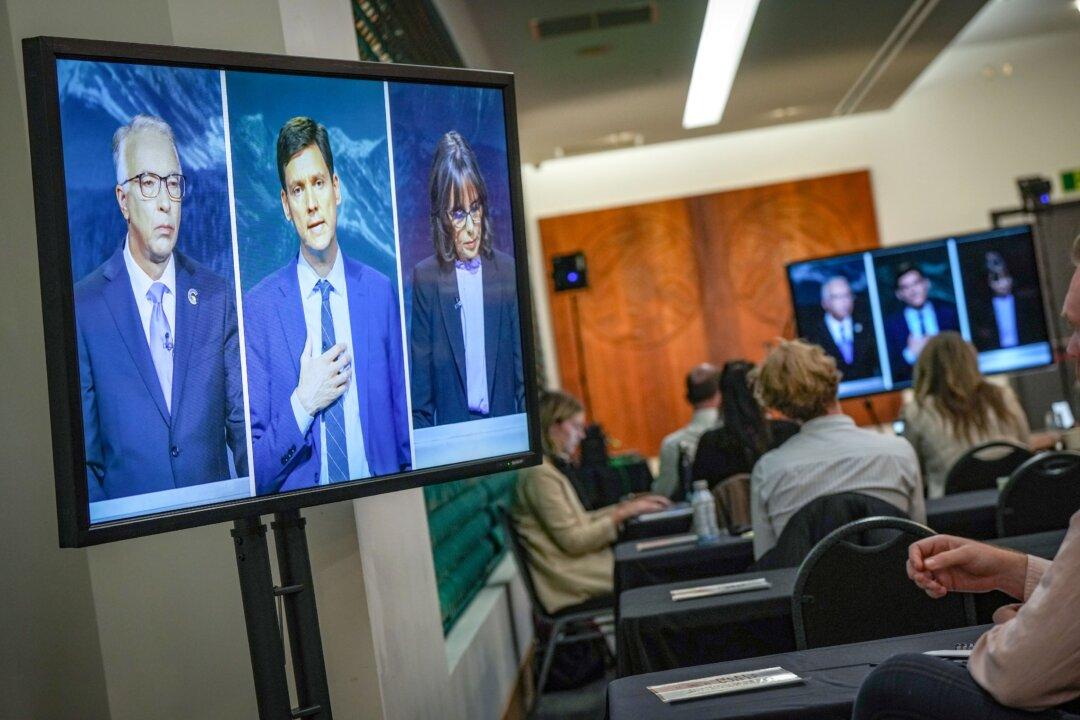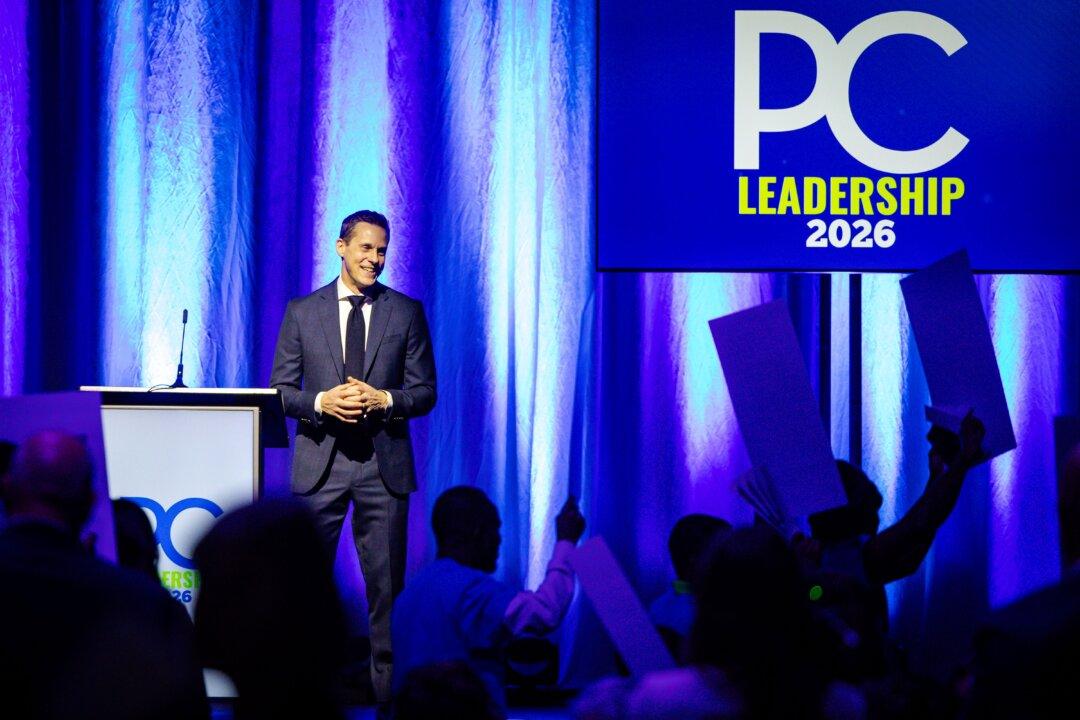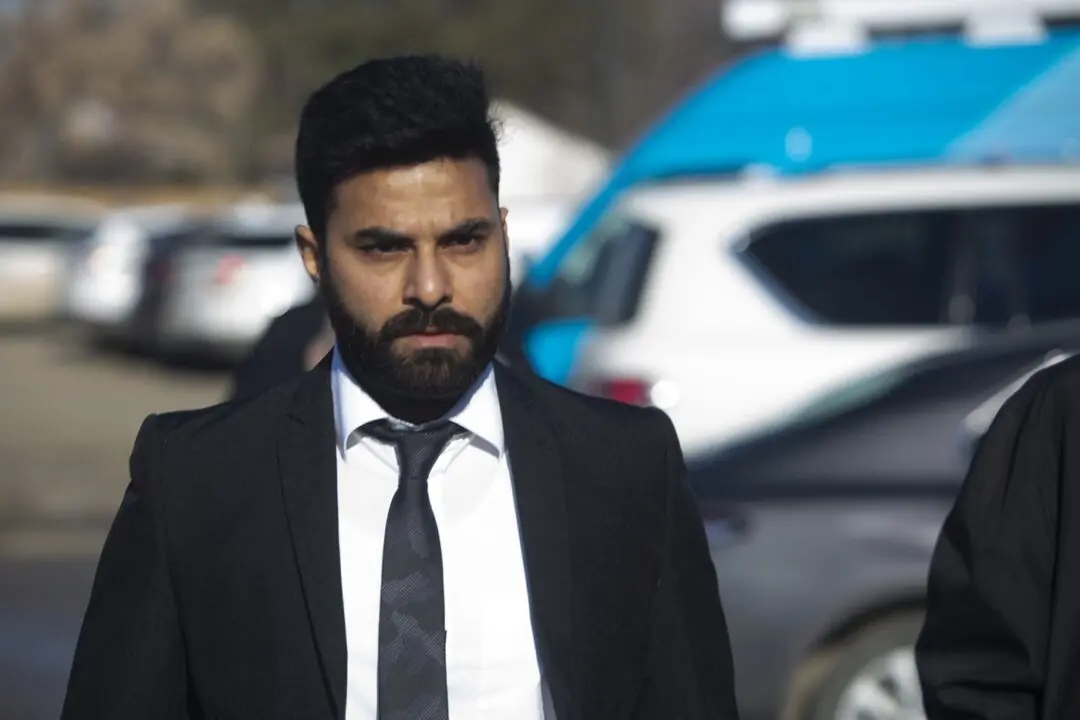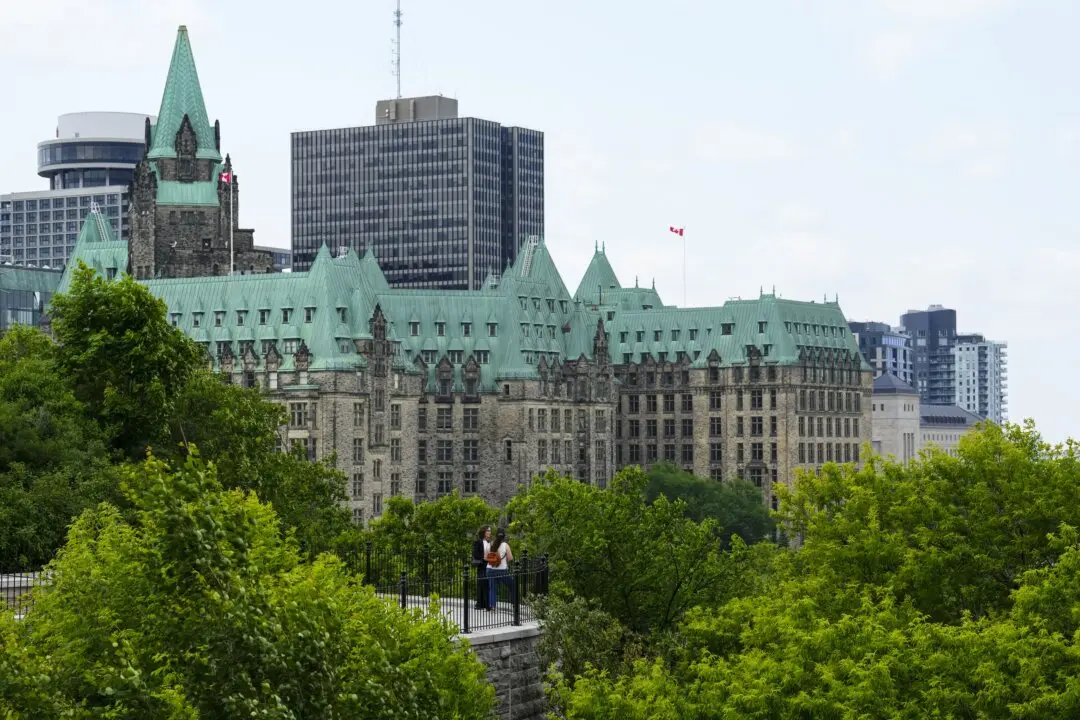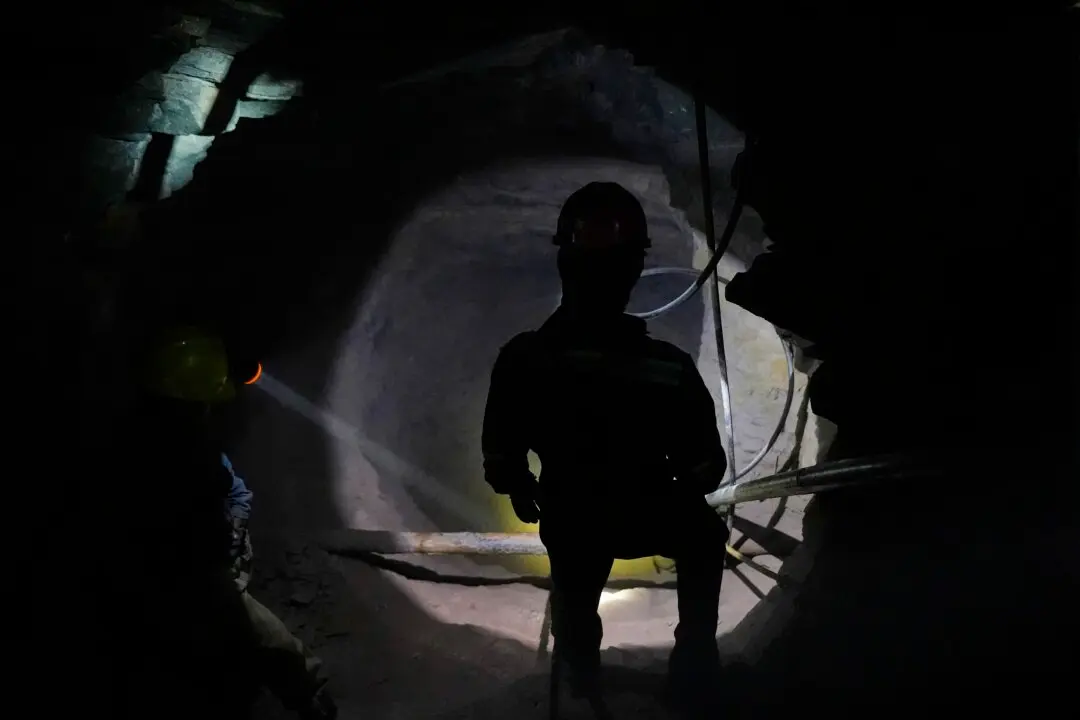Amid cultural wars being played during the election campaign and an electorate focused on cost-of-living issues, the B.C. election could be a testing ground for the federal election, observers say.
“I think in a number of ways, B.C. is a microcosm for the country as a whole,” says Stewart Prest, a political science lecturer at the University of British Columbia.
